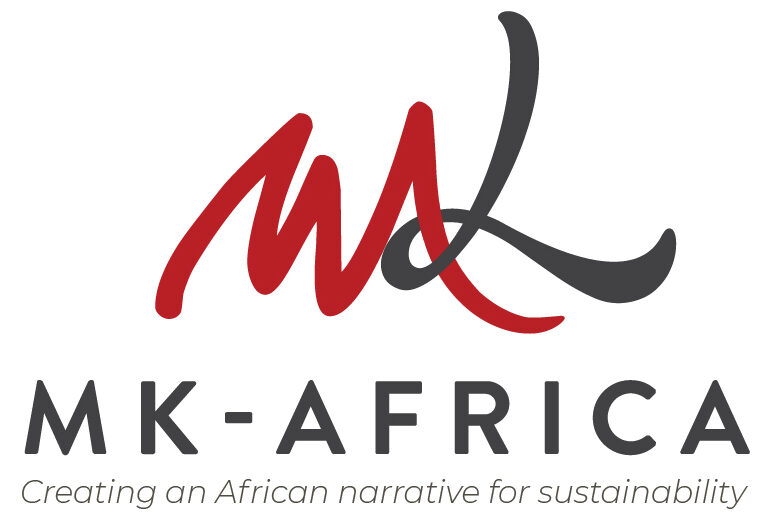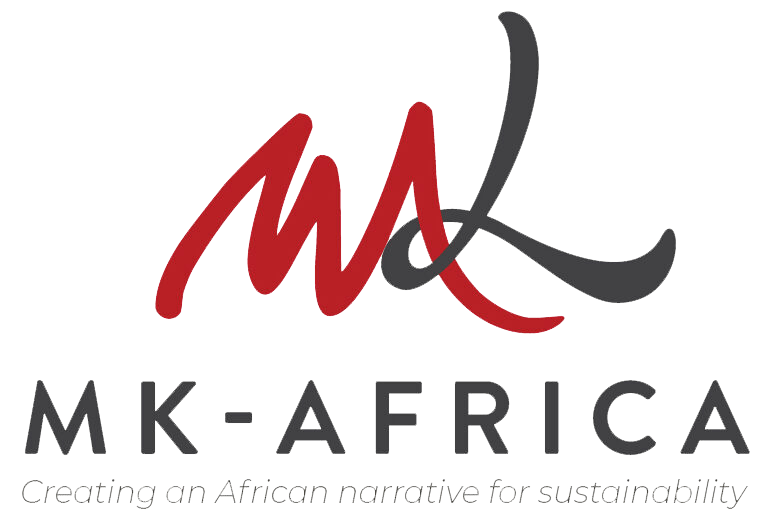Article by Patricia Wangui, Sustainability Officer, MK-Africa
Jubilee Holdings Limited (JHL) recently launched its inaugural ESG report. This report, developed with coaching support from MK-Africa, showcases JHL’s approach to sustainability. The project also allowed us to reflect on the material sustainability issues for the insurance industry.
One of the most significant material topics for JHL is their pledge to achieve Net Zero status by 2030, aligning with the Aga Khan Development Network’s (AKDN) Environment and Climate Commitment. This pledge includes specific targets for carbon emissions reduction, with JHL implementing initiatives such as eco-friendly building practices and water conservation measures facilitated by innovative solutions like touchless water dispensers and water harvesting. These efforts demonstrate the company’s steadfast commitment to carbon emissions reduction and resource efficiency in its day-to-day operations. Moreover, these efforts demonstrate JHL’s dedication to addressing its climate change impacts and serve as a model for other insurers. JHL also prioritises employee welfare and development by fostering an inclusive workplace culture through equal opportunity policies and talent management initiatives. JHL recognises the intrinsic link between employee satisfaction and business performance, ultimately enhancing organisational resilience and productivity. Lastly, JHL’s governance highlights promoting effective corporate governance as their material topic, which includes ensuring regulatory compliance, ethics, and adhesion to anti-corruption measures. These focal points emphasise the critical need for solid governance frameworks to foster transparency, accountability, and ethical behaviour across the company’s operations.
Environmental issues like climate action and responsible resource stewardship, including reporting on carbon emissions and concrete actions, investing in green buildings, promoting energy efficiency, and collaborating with suppliers to reduce emissions are of increasing importance to the insurance industry. Addressing these issues will help the industry mitigate against climate risks, bolster stakeholder trust, and drive positive social and environmental impacts.
Insurers can carry out Environmental, Social and Governance (ESG) assessments to consider both internal and external trends and commitments and conduct interviews, and surveys to identify and prioritise material topics based on their significance and impact on stakeholders and business operations. MK-Africa is a Global Reporting Initiative (GRI) partner and can offer the coaching and technical support needed to shape ESG priorities in defining and addressing sustainability challenges.


